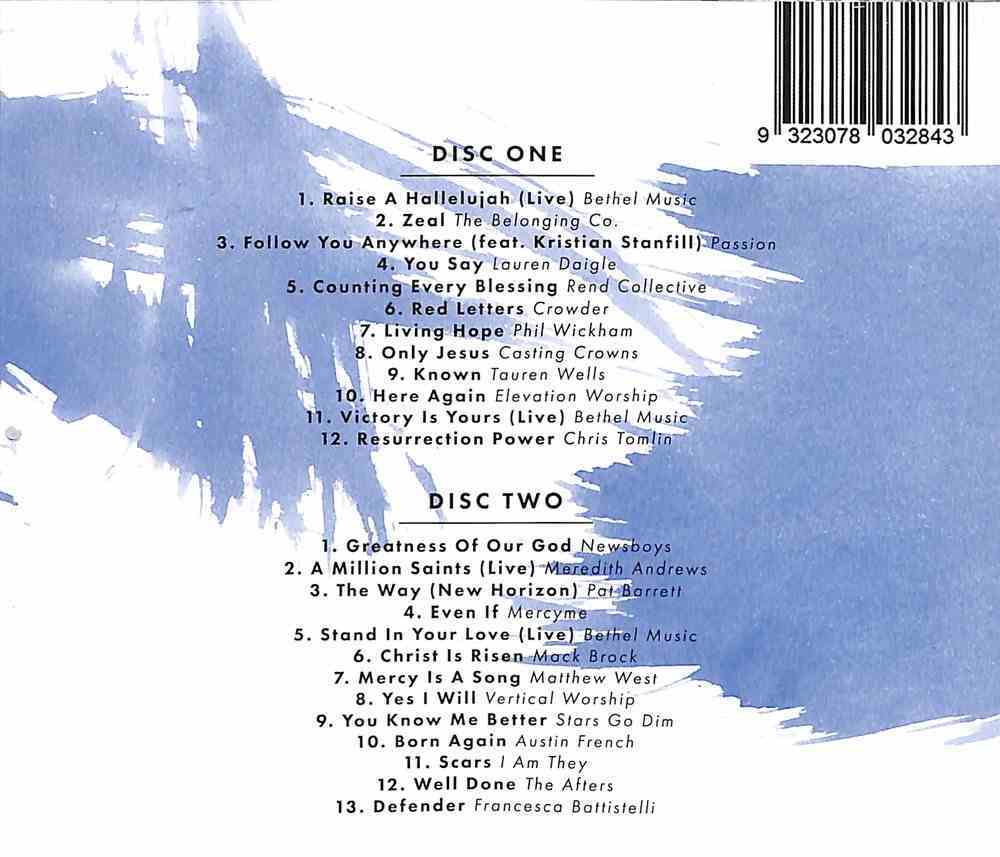
“Grace Greater Than Our Sin” is a song to be sung by Christians both to other Christians to celebrate God’s grace and to non-Christians to invite them to experience God’s grace. “Jesus Messiah” could be sung by anyone to make objective declarations about Jesus and salvation in Him. “His Mercy Is More” is a song to be sung by Christians to one another to celebrate God’s mercy. (Please note that I’m talking about corporate worship in this article personal and private worship opens many unique, and separate, possibilities.) Can we agree to use that definition for now? Now consider those four songs I mentioned above.

How would you define a “worship song”? I define it as a song that is either to or about the Triune God, sung in such a way that encourages corporate participation.

There are countless ways this can happen, but I want to focus on the surprisingly common scenario in which we fill our “worship service” with songs that are not “worship songs.” Sometimes, perhaps regularly, song leaders try to use a song in a way other than its text intends. Finally, because this article is being written to pastor theologians, review the text to evaluate how the song was intended to be used.

For example, I used “His Mercy Is More” as an opening declaration of praise, “Jesus Messiah” to introduce a Lord’s Supper service, “Grace Greater Than Our Sin” during a time of confession, and “How Deep the Father’s Love for Us” as an invitation to commitment. What songs did your congregation sing? Some of the songs from my church’s past few Sundays include “His Mercy Is More,” “Jesus Messiah,” “Grace Greater than Our Sin,” and “How Deep the Father’s Love for Us.” Then, ask how each song was used. Think about your past few worship services. If you are any kind of pastor theologian, you should be interested.

Let’s start with a basic assumption: you are interested in what happens in your church’s worship services.


 0 kommentar(er)
0 kommentar(er)
